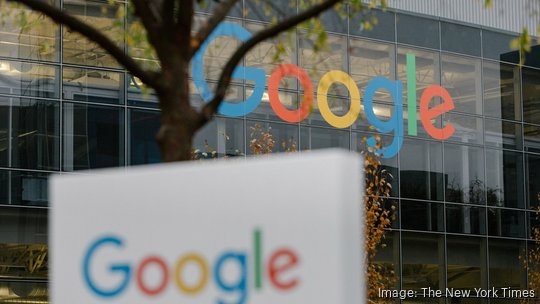
A Supreme Court case that’s personal for a prominent Triangle family could change the internet forever – at least that’s what Google (Nasdaq: GOOG) is arguing in a recent legal filing.
Google is fighting in front of the nation’s highest court – a legal battle that will determine whether algorithmically-generated content recommendations are exempt from Big Tech’s liability shield – Secion 230 of the Communications Decency Act.
Google was sued by the family of Nohemi Gonzalez, who was among those killed in a 2015 ISIS attack in Paris. Anne Cameron Cain, daughter of Raleigh diplomat Jim Cain, filed a similar lawsuit six years ago against Twitter (NYSE: TWTR), claiming the social media giant allowed terrorists to openly communicate as they were planning deadly attacks in Paris and Brussels. In 2016, her husband, Alexander Pinczowski, was killed in Brussels alongside more than 30 other people.
“For years, ISIS, its leaders, spokesmen and members openly maintained and used official Twitter accounts with little or no interference,” the suit, filed in 2017, alleged.
Cain's case was dismissed and is in the appeals process, but her attorney, Robert Tolchin of the Berkman Law Office Group, is also representing the plaintiff in the suit against Google. He has called the Google suit “an extremely important case.” Should he be successful, Cain’s case would be directly impacted, he told the Triangle Business Journal last year.
A ruling against Google could “have devastating spillover effects,” potentially holding users liable for liking or sharing articles, causing the internet to “devolve into a disorganized mess and a litigation minefield,” Google says in a legal filing Thursday.
Plaintiffs aren’t arguing that Google actually planned an ISIS attack, only that YouTube algorithms promoted the content, the California tech giant says in its filing (Google acquired YouTube in 2006).
Plaintiffs argue that YouTube displayed ISIS videos in an easier-to-view and easier-to-locate fashion, one that assisted ISIS in “spreading its message,” Google says in its filing. Google claims that the software tool does “not ‘recommend’ videos in the sense of endorsing them, any more than Google Search endorses search results.” YouTube displays videos that might be most relevant to users, Google says.
Enrique Amrijo, an Elon Law Professor, thinks Google has a point.
Amrijo told TBJ that firms like Google and Facebook (Nasdaq: META) aren’t held liable for content others post. But while people have freedom of speech – one question the court will determine is whether that same principle applies to the algorithms that firms like Google are using to sort through content.
If Google can be held liable for what’s posted on its site, censorship will likely increase across the board. Amrijo also fears emerging technologies coming from startups in North Carolina could be stifled.
“While Facebook can kind of afford to take down content … but the new upstart company, they’re not going to be able to do that because they don’t have the resources to search through user content,” he said. “So that company is never going to take off.”